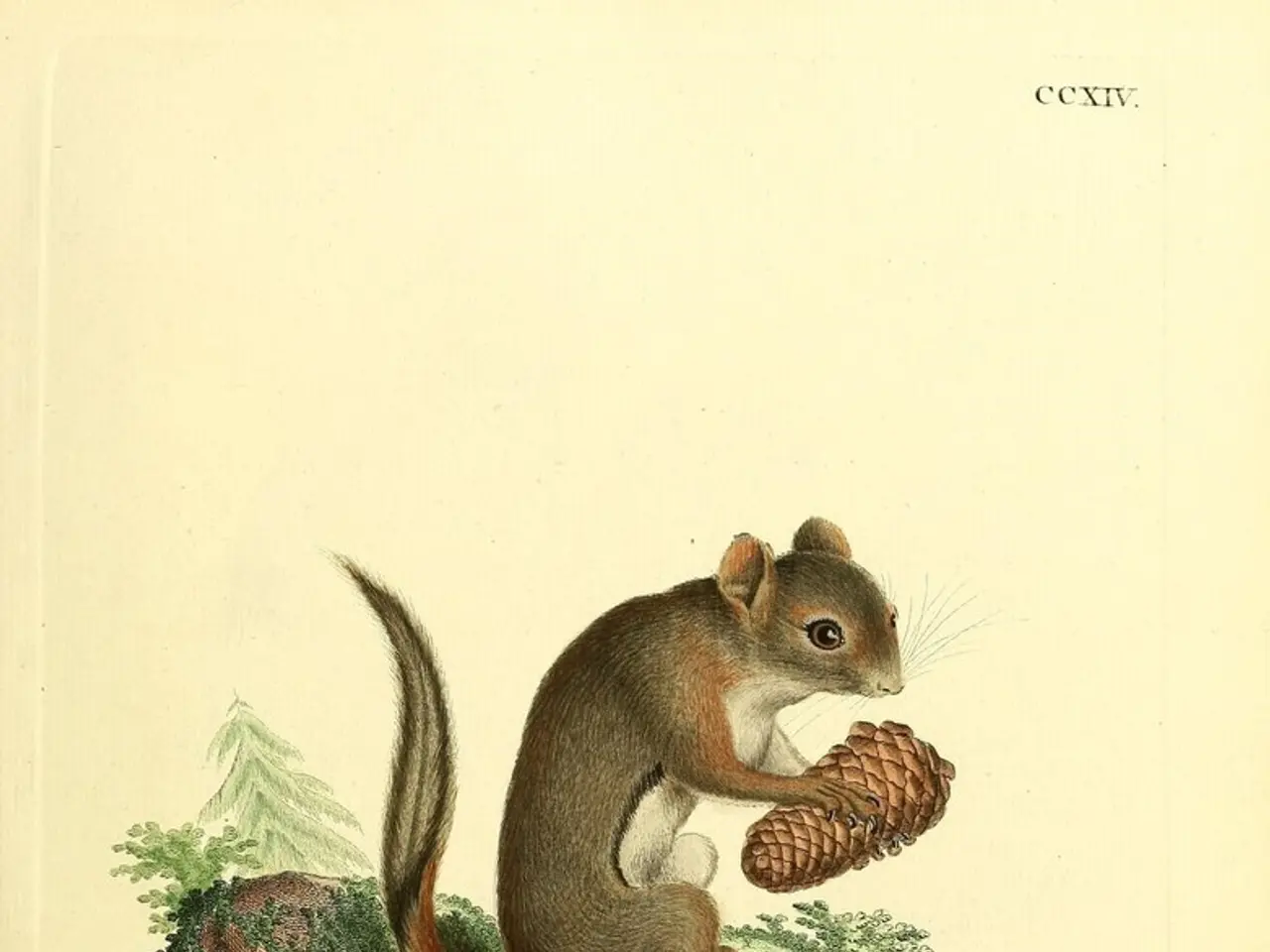Rabid Raccoon Attacks Prompt Health Alert in Collingswood
An aggressive raccoon in Collingswood, Camden County, has tested positive for rabies following attacks on a dog and a person. The incidents, which occurred on April 8 and 9, have prompted health authorities to take immediate action.
Health officials believe the same raccoon was responsible for both attacks. The affected dog received a booster shot and is under observation for 45 days. All potentially exposed residents have started post-exposure prophylaxis treatment. The raccoon was caught and confirmed to have rabies on April 9 after attacking a pedestrian.
Rabies is a serious infectious disease transmitted through direct contact with open wounds and infected saliva. It is most commonly carried by raccoons in New Jersey, followed by skunks, cats, foxes, and groundhogs. Since the beginning of the year, 18 cases of rabies in animals have been reported in New Jersey, with 13 in raccoons. In response, health authorities in Collingswood have implemented increased vaccination and public awareness campaigns, conducted animal control measures targeting aggressive raccoons, and advised residents to avoid contact with wildlife to prevent the spread of rabies.
The recent rabies case in Collingswood serves as a reminder of the importance of avoiding contact with wild animals and seeking prompt medical treatment after potential exposure. Health officials urge residents to remain vigilant and report any suspicious animal behavior to local authorities.







